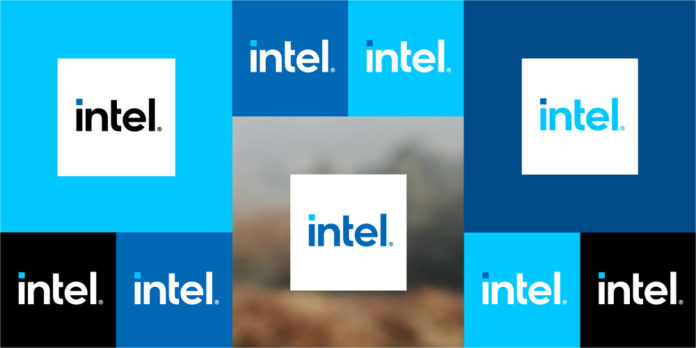America’s largest semiconductor firm Intel recently announced it has scored again a second-phase contract from the Defense Department that will help the military develop advanced chips within the United States.
The U.S. Department of Defense has awarded Intel the second phase of its State-of-the-Art Heterogeneous Integration Prototype (SHIP) program that will help the military manufacture advanced semiconductors, the company announced on Friday.

Intel will be giving the U.S. government access to its state-of-the-art semiconductor packaging facilities in Oregon and Arizona through the SHIP program.
The second phase of the defense program will develop prototypes of multichip packages and accelerate the advancement of interface standards, protocols, and security for heterogeneous systems.
However, the US’ top chipmaker did not disclose the total cost of the contract that will be overseen by the Naval Surface Warfare Center, Crane Division, and administered by the National Security Technology Accelerator. Intel also won the first phase of the contract in 2019.
SHIP prototypes will integrate special-purpose government chips with Intel’s advanced, commercially available silicon products, including field-programmable gate arrays, application-specific integrated circuits, and CPUs. Intel and the U.S. government share a priority to advance domestic semiconductor manufacturing technology.
How will the program help Intel and Defense Dept.?
“The SHIP program will enable the Department of Defense to take advantage of Intel’s advanced semiconductor packaging capabilities, diversifying their supply chain and protecting their intellectual property while also supporting ongoing semiconductor R&D in the U.S. and preserving critical capabilities onshore,” said Jim Brinker, president, and general manager of Intel Federal LLC.
The SHIP program is sponsored by the Office of the Under Secretary of Defense for Research and Engineering and funded by the Trusted and Assured Microelectronics program.
Nicole Petta, principal director of microelectronics at the Office of the Under Secretary of Defense for Research and Engineering said partnering with a US-based semiconductor firm will ensure that the U.S. defense industry will continue to deliver state-of-the-art electronics for the military.
“The DoD microelectronics roadmap recognizes the importance of strategic partnerships with industry. The roadmap also prioritizes and recognizes that as process scaling slows, heterogeneous assembly technology is a critical investment for both the DoD and our nation. SHIP directly contributes to advancing the objectives outlined in the DoD roadmap and the DoD looks forward to working with Intel, a world leader in this technology,” Petta said.
With the program, heterogeneous packaging allows the assembly of multiple, separately manufactured integrated circuit dies or chips onto a single package to increase performance while reducing power, size, and weight.
SHIP also provides the U.S. government access to Intel’s advanced heterogeneous packaging technologies, including embedded multi-die interconnect bridge (EMIB), 3D Foveros, and Co-EMIB (combining both EMIB and Foveros).
Despite being the top chipmaker in the United States, most of the world’s top chipmakers are located in Taiwan, China, and South Korea. Some 80 percent of the world’s semiconductor manufacturing capacity is also now located in Asia.
With the situation, Intel and the entire U.S. semiconductor industry face fierce competition in the global semiconductor marketplace. The U.S. also faces a risk of falling behind in an industry it once dominated and that its economy and national security depend on.
The project also assures the U.S. of access to semiconductor manufacturing while helping Intel build semiconductor factories through funding from government contracts.
Read More Stories: European Union to Press Legal Action vs UK’s Plan to Breach Brexit Deal



